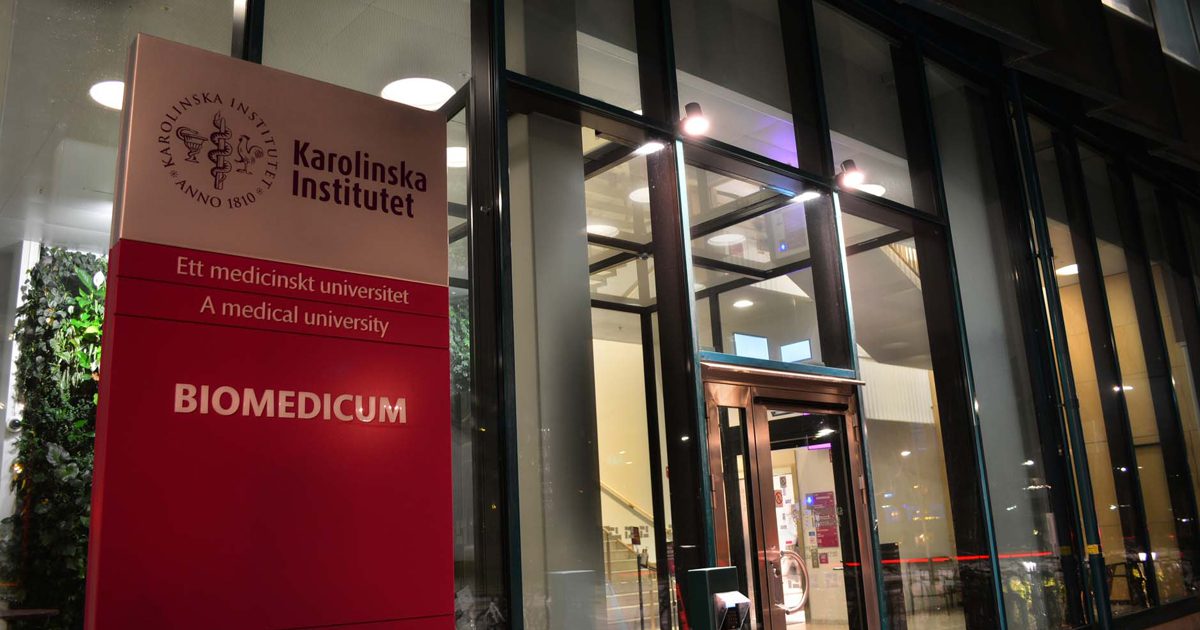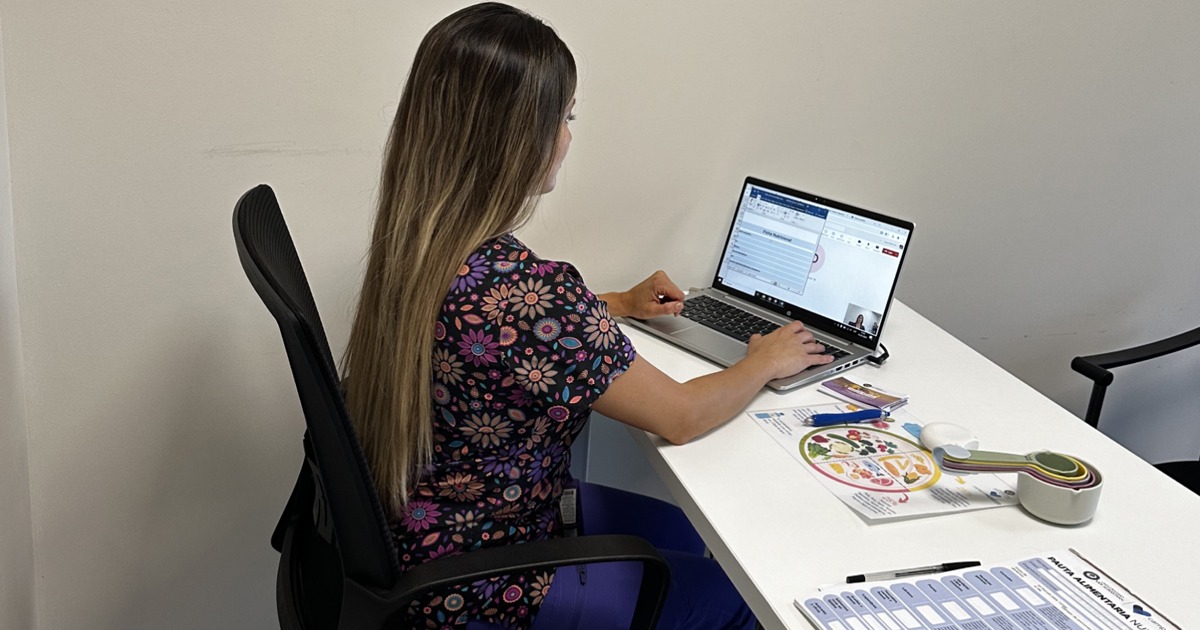Researchers at the Karolinska Institutet in Sweden, in collaboration with international specialists, performed a comprehensive validation of an Artificial Intelligence (AI) system, which diagnoses prostate cancer.
The researchers published a study in Nature Medicine, in which they detailed that AI is able to identify and also qualify prostate cancer in tissue samples. The study included participants from different countries. In this sense, the results showed that this AI system is ready to be used as a complementary tool in the diagnosis and care of this disease.
Likewise, the AI system was subjected to international validation, which was carried out through PANDA, a three-month competition, where more than a thousand AI experts tried to develop systems for the classification of prostate cancer.
“Just ten days after the competition, algorithms were developed that matched average pathologists. The organization of PANDA shows how competitions can accelerate rapid innovation to solve specific problems in healthcare with the help of AI”, explained Kimmo Kartasalo, a researcher at the Department of Medical Epidemiology and Biostatistics at Karolinska Institutet.

The importance of this study lies in the fact that posture cancer diagnoses generally vary depending on the methods used by each professional, even when using the same tissue samples. Therefore, the objective of applying AI in the diagnosis of this disease is to create a consistent method when evaluating each tissue sample, regardless of which professional does it or where it is done.
“The PANDA results show for the first time that AI systems can produce equally accurate diagnosis and classification of prostate cancer in an international setting as human pathologists. The next step is controlled studies to assess how best to introduce AI systems in patient care,” explained Martin Eklund from the Department of Medical Epidemiology and Biostatistics at Karolinska Institutet.
However, the professionals also highlighted that the application of this technology and any other AI system does not mean the replacement of specialist doctors, but rather that it works as a tool that provides greater diagnostic security and helps to standardize evaluations.
The conduct and publication of the study was made possible through collaboration with Radboud University Medical Center in the Netherlands, Google Health in the US, and the University of Turku in Finland, as well as funding from the Swedish Council of Research and other sponsors from that country.





